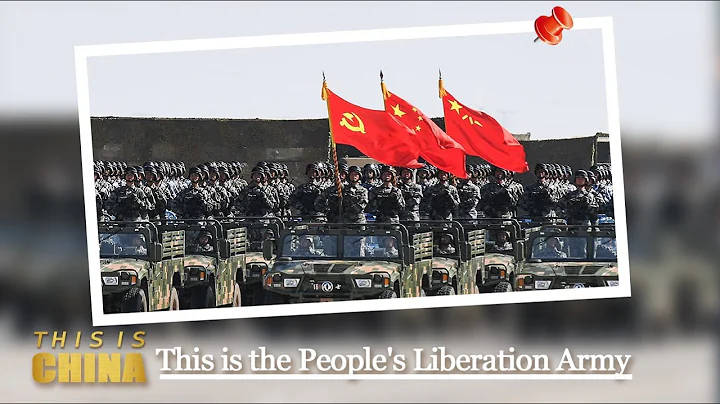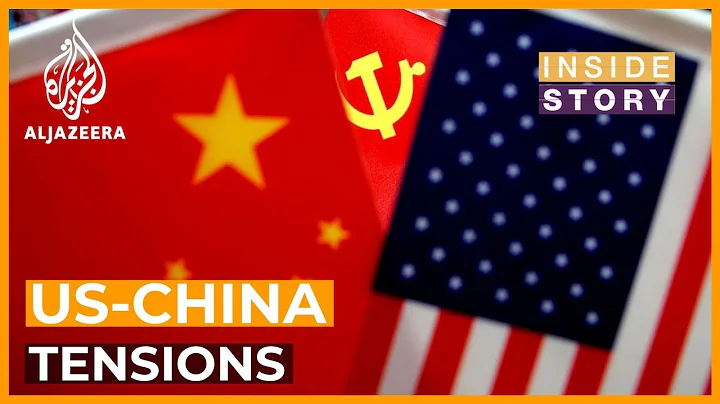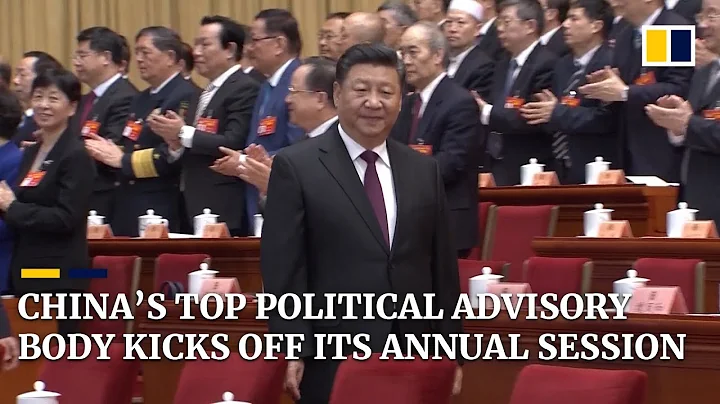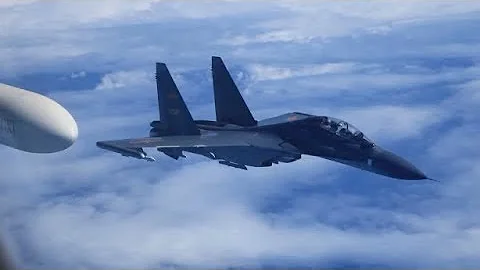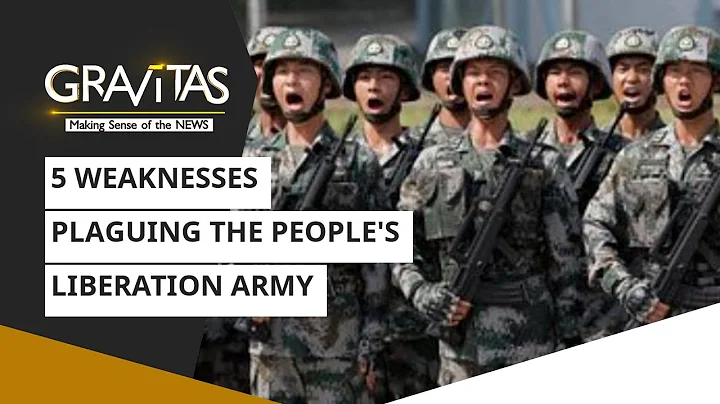Founding General Wang Ping, as a political cadre, is well-known both inside and outside the military.

During the Red Army period, he served as the regimental political commissar, director of the division political department, and military political commissar of the Red Army; during the Anti-Japanese War, he was the political commissar of the Jizhong Military Region of the Eighth Route Army; during the Liberation War, he served as the commander of the Beiyue Military Region and the commander of the Chahar Military Region.
After the founding of the People's Republic of China, he served successively as director of the Mobilization Department of the General Staff of the People's Liberation Army, political commissar of the 20th Corps of the Chinese People's Volunteer Army, deputy political commissar and director of the Political Department of the Chinese People's Liberation Army, political commissar of the Chinese People's Liberation Army Military Academy, political commissar of the Artillery Force, and first officer of the Wuhan Military Region. Political Commissar, Political Commissar of the General Logistics Department, Member of the Standing Committee and Deputy Secretary-General of the Central Military Commission, and Member of the Standing Committee of the Central Advisory Committee.
During the Revolutionary War years, Wang Ping changed his name twice. One time was because the homophony of the name was not pleasant; the other time was because it had the same name as a notorious politician. The last name Wang Ping was changed to him by Chairman Mao.
In 1907, General Wang Ping was born in a poor peasant family in Dahudi Village, Yangxin County, Hubei Province. His father named him Wang Weiyun. The name
sounds good literally and has a certain meaning. Unexpectedly, after he joined the revolutionary ranks, these three words Wang Weiyun often made jokes.
Wang Ping participated in organizing the Farmers Association in his hometown in 1926, joined the Red Army in 1930, and joined the Communist Party of China in the same year. Less than a year after joining the Red Army, due to his outstanding performance, he became the clerk of the machine gun company of the first column of the Eighth Army of the Third Red Army.
In his later years, General Wang Ping once recalled: After joining the Red Army, he was good at everything he did. The only bad thing is that people always make fun of him with his name.
It turns out that Wang Ping's company commander at the time, Yu Jun, was from Guangdong. He often pronounced the three characters "Wang Weiyun" as "Wang Wengweng" during roll call of the company, which caused everyone to burst into laughter.

In order to avoid being laughed at by everyone, the company commander discussed with him to change Haonian's name, so he changed Wang Weiyun to the simpler Wang Ming.
originally thought that there would be no problem with the name Wang Ming. But after some time, Wang Ping realized that the name he had changed collided with the name of a politician within the party.
The CCP’s international representative at the time was Wang Ming, and he later became notorious for pursuing a “left” adventurist line and a right-leaning capitulationist line.
Since then, Wang Ping has been very depressed about the name he was called "Wang Ming" at that time. In addition, some people often deliberately teased him as the " representative of the Communist International ". Over time, this name became a worry for him.
In 1936, Wang Ping prepared to return to the front line of the army after graduating from Red Army University. Chairman Mao asked him to talk to He Jinnian.
When the conversation was about to end, Chairman Mao saw that Wang Ping was hesitant to speak several times, so he asked him: "Are you having any difficulties?"
Wang Ping immediately stood up and replied: "Chairman, I have a difficulty and want to change it." Name."
Chairman Mao laughed when he heard it and said, "Your name is Wang Ming, international representative."
Wang Ping became even more embarrassed when he heard Chairman Mao teasing him unintentionally.
He said to the Chairman seriously: "It's because of this that people always make fun of me, so I want to change my name."
Seeing that he insisted on changing his name, Chairman Mao thought for a moment, took out the brush from the pen holder, and wrote : "Order He Jinnian to be the commander of the 27th Army, and Wang Ping to be the political commissar of the 27th Army."
Chairman Mao changed his name to Wang Ping based on his understanding of the subordinate's history. The moral should be that if you are born ordinary, your life will be extraordinary.

From then on, Wang Ping finally had a pleasant name.
Because this name was changed by Chairman Mao, and he wrote it in the order himself. Therefore, Wang Ping has been carefully preserving this order.
Unfortunately, during the Anti-Japanese War, the order book in Wang Ping's backpack was damaged by water because his troops encountered a flood. General Wang Ping was very sad about this, and he still mentioned it from time to time in his later years.
In February 1998, General Wang Ping died of illness at the age of 91.
sincerely thanks all friends for reading "Spring and Autumn in the Palm". If you like it, you can click "Subscribe" or "Follow".Let's appreciate historical anecdotes and recall historical events... (Disclaimer: The reference materials and pictures in this article are all from the Internet)


